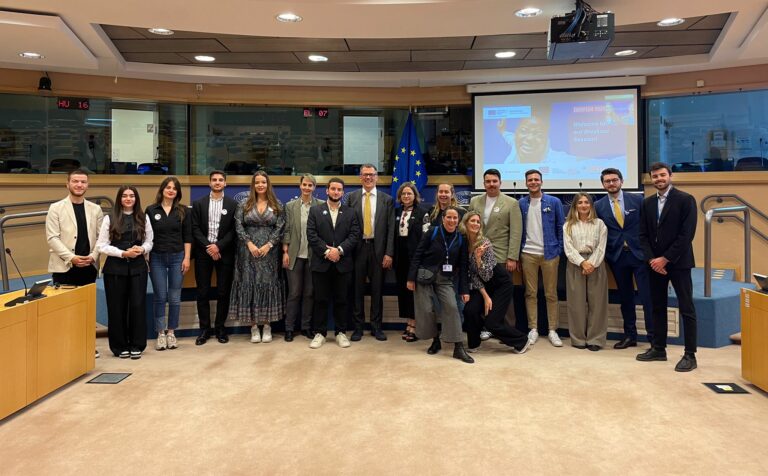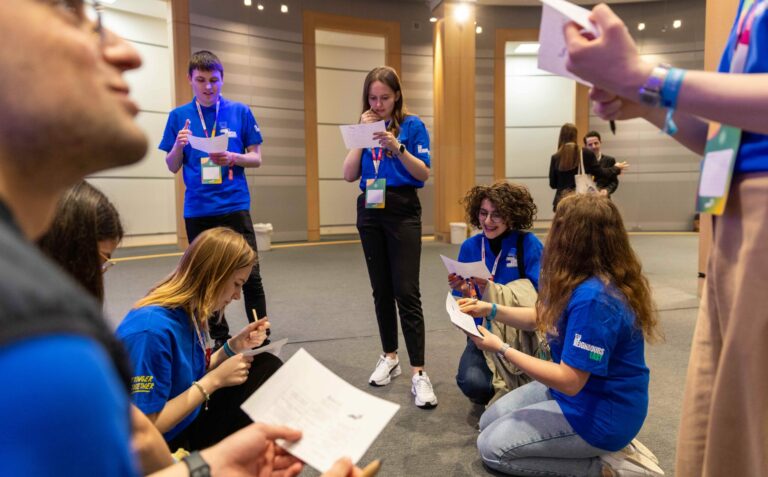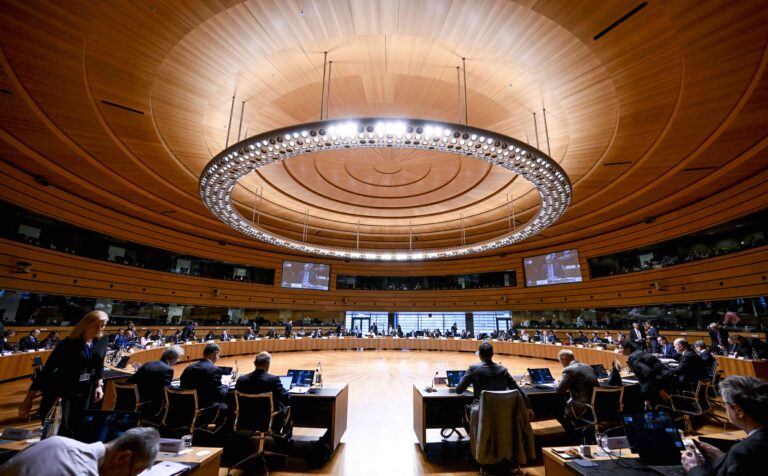
Belarus: EU to consider further measures in response to regime actions
The European Union, together with its like-minded partners, is ready to consider further measures in light of the regime’s blatant disregard of international commitments, says the declaration by the EU High Representative Josep Borrell. The declaration was issued on behalf of the EU on the first anniversary of the 9 August 2020 fraudulent presidential elections in Belarus.
“On 9 August 2020, the people of Belarus saw their hopes to elect a legitimate leader of the country brutally dashed. Since then, the people of Belarus have continuously and bravely stood up for the respect of human rights and fundamental freedoms. They have called for new, democratic elections,” says Borrell.
“One year later, their call remains unanswered. The Lukashenko regime has cracked down on its own society, consistently deepening the rift with the Belarusian people. Representatives of the opposition and pro-democratic forces together with thousands of citizens from all sections of society have either died in unclear circumstances, been detained or forced to leave the country and live in exile,” the declaration says.
According to the statement, the Lukashenko regime has launched a well-orchestrated repression and intimidation campaign against civil society and human rights defenders, as well as the systematic destruction of non-governmental organisations and independent media, with the ultimate aim of silencing all remaining independent voices and suppressing civic space in Belarus.
“The Polish community in Belarus has also become a target of this policy. Arbitrary and unfounded detentions, unjust persecutions, including denial of the right to a fair trial, and hundreds of documented cases of torture continue to take place in an environment of impunity,” says Borrell. “With the forced and unlawful landing of Ryanair Flight 4978 in Minsk on 23 May and the instrumentalisation of vulnerable migrants for political purposes, the regime has further challenged international norms.”
The only way to end the political crisis is through an inclusive national dialogue, says the declaration. It reminds that a reversal of EU sanctions will only be possible once the authorities in Belarus fully adhere to the principles of democracy and the rule of law, respect human rights obligations and cease all repression: “The regime should release and rehabilitate unconditionally the more than 600 political prisoners, and engage in a serious, credible and inclusive political process resulting in free and fair elections under the observation of OSCE/ODIHR.”
Once Belarus embarks on a democratic transition, the EU is committed to help Belarus stabilise its economy, reform its institutions in order to make them resilient and more democratic, create new jobs and improve people’s living standards. This support will be provided including through a Comprehensive Plan of Economic Support of up to €3 billion to a democratic Belarus, the outline of which was published on 28 May.
The EU says it will provide the emergency assistance for the victims of oppression and for independent media and humanitarian assistance to the civilian population. The EU will also support international initiatives to hold all perpetrators to account, including through the UN Office of the High Commissioner for Human Rights and the International Accountability Platform for Belarus.
“The EU will continue to support a democratic, independent, sovereign, prosperous and stable Belarus. The voices and the will of the people of Belarus will not be silenced,” says Borrell.
Find out more
MOST READ
SEE ALSO

Voice Your Vision: Young European Ambassadors take part in European Forum of Young Leaders in Warsaw

Young European Ambassadors join European Youth Week 2024

No, time is not on Russia’s side: Borrell depicts Russian economy shrinking due to war and EU sanctions

Young European Ambassadors talk about EU Enlargement and Ukraine at LevelUp! event in Brussels

EU approves law to introduce criminal offences for sanctions violations
More campaign pages:
Interested in the latest news and opportunities?
This website is managed by the EU-funded Regional Communication Programme for the Eastern Neighbourhood ('EU NEIGHBOURS east’), which complements and supports the communication of the Delegations of the European Union in the Eastern partner countries, and works under the guidance of the European Commission’s Directorate-General for Neighbourhood Policy and Enlargement Negotiations, and the European External Action Service. EU NEIGHBOURS east is implemented by a GOPA PACE-led consortium. It is part of the larger Neighbourhood Communication Programme (2020-2024) for the EU's Eastern and Southern Neighbourhood, which also includes 'EU NEIGHBOURS south’ project that runs the EU Neighbours portal.

The information on this site is subject to a Disclaimer and Protection of personal data. © European Union,







